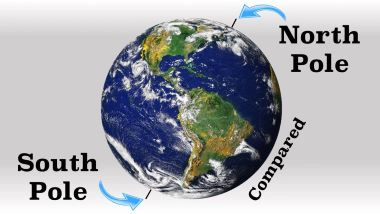Significado de la palabra pole en español
¿Qué significa pole en inglés? Descubre el significado, la pronunciación y el uso específico de esta palabra con Lingoland
pole
US /poʊl/
UK /pəʊl/

Sustantivo
1.
poste, palo, vara
a long, slender, rounded piece of wood or metal, typically used with one end fixed in the ground as a support or to mark a position
Ejemplo:
•
The flag was raised on a tall pole.
La bandera fue izada en un alto poste.
•
He used a fishing pole to catch the fish.
Usó una caña de pescar para atrapar el pez.
2.
3.
polo
each of two opposite points or directions, especially of a magnet or electric battery
Ejemplo:
•
A magnet has a north pole and a south pole.
Un imán tiene un polo norte y un polo sur.
•
Connect the positive pole to the battery.
Conecte el polo positivo a la batería.
Verbo
impulsar con pértiga, apalancar
to push or propel (something) with a pole
Ejemplo:
•
He had to pole the boat across the shallow water.
Tuvo que impulsar la barca con una pértiga por el agua poco profunda.
•
The river guide expertly poled the raft downstream.
El guía del río impulsó hábilmente la balsa río abajo.